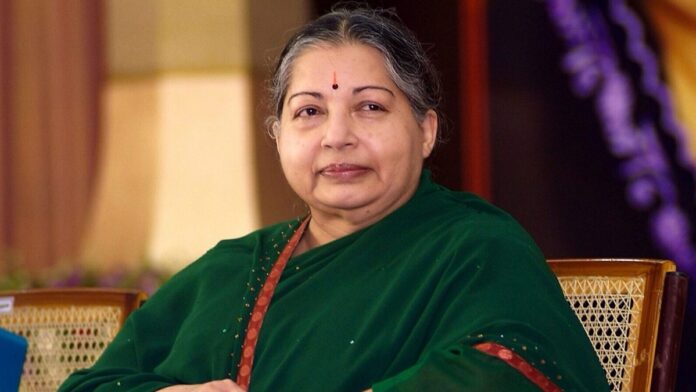J Deepa, niece of the late Tamil Nadu Chief Minister J Jayalalitha, has filed an appeal to the Supreme Court, challenging a Karnataka High Court order from January 13, which denied the release of movable and immovable assets seized in connection with the disproportionate assets case involving her aunt.
The legal battle traces back to the allegations against Jayalalitha, which led to the seizure of properties by authorities. Despite the High Court’s acquittal of Jayalalitha on May 11, 2015, and her subsequent death on December 5, 2016, before the Supreme Court could finalize its judgment on February 14, 2017, the assets remained confiscated. Deepa contends that since the Supreme Court’s judgment resulted in the abatement of proceedings against Jayalalitha, her aunt should not be treated as a convict, and therefore, the properties should not have been confiscated.*
In her petition, Deepa, recognized as a Class-II legal heir by the High Court of Madras, asserts that she is entitled to claim back all properties that were confiscated and attached in connection with the case. She argues that the ongoing retention of these assets violates legal precedents that protect property rights unless lawfully removed by due process.

The petition highlights, “In terms of the judgment of this court, all the proceedings against Jayalalitha stand abated and there is no presumption of guilt based on the conviction and sentence passed by the Special Court. The law by this court that no person shall be deprived of his property save by authority of law and the state cannot dispossess a citizen of his/her property except in accordance with the procedure established by law.”
Further complicating the matter, a Special Court order dated January 29, 2025, transferred the confiscated properties to the government of Tamil Nadu, directing the Registrar, City Civil Court, Bengaluru, to facilitate the handover. Deepa has challenged both the High Court’s January 13 judgment and the Special Court’s subsequent order.







